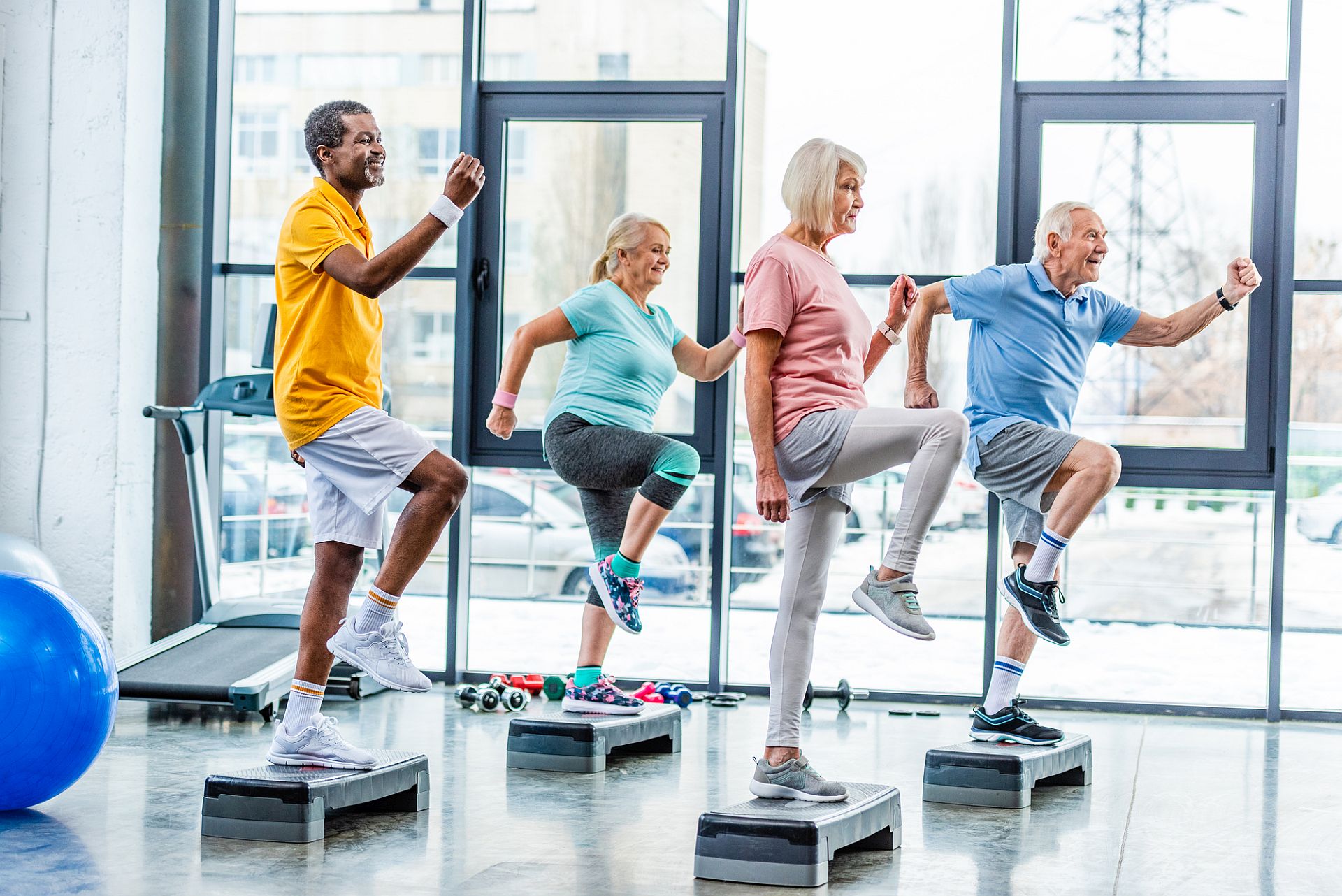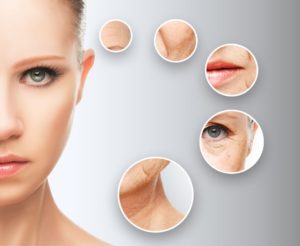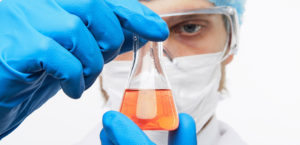Every stage of life comes with some difficulty. However, none is quite so progressive and irreversible as the process of aging. Degenerative diseases affect the function of every part of the body. Living a healthy lifestyle, avoiding stress and avoiding negative environmental factors may slow this complicated process.
Growing older can have many undesirable effects on the body. Nobody looks forward to the obvious signs of getting older. To keep your appearance looking younger and more youthful, stay away from recreational drugs and alcohol. These substances can have a devastating effect on skin, hair and teeth, making a person look much older than their biological age. They can damage the internal organ systems as well, so hold on to your youth and steer clear!
Just because you are aging doesn’t mean you should just sit back and take it easy. To maintain good health, you need to continue to be as active as you possibly can. Sure, you may not be able to go out and race in a marathon, but you still can incorporate some activity into you daily activities. It is suggested that you include at least 30 minutes of physical activity each day. Maybe you could take a 15-minute walk twice a day. Dust off that old bike and take a ride around the neighborhood.
Keep your body fit and functioning at its peak, even while growing older. Exercising is not just for weight loss, it is also incredibly important for keeping your body young and working at its optimum level. Cardio exercise is extremely important for your heart health, so keep your body moving to keep the years away.
Start to exercise with weights. As you age, you start to lose your muscle density, so you have to make the most out of the muscle you have left. Get into a routine of weight-lifting a few times a week so that you can stay strong even as you go into your later years.
Smoothies are a great and delicious way to get more nutrients as we age! You can combine literally anything to create a tasty treat that delivers valuable vitamins and minerals to your system. Add fruits, vegetables, flax seeds and yogurt or ice-cream to mix a potent potion you can enjoy any time of the day!
Work at making your meals flavorful. As you age your taste-buds aren’t as sensitive as they used to be, so if you are losing your appetite and still need the nutrition, make a special effort to spice and flavor your food so that you will feel motivated to eat it.
As a body ages bone loss is a great risk. It is a greater risk for women going through menopause. Eat lots of dark leafy vegetables, nuts, seeds, molasses and tofu. Adding seaweed to your diet is great, as seaweeds contain a lot of calcium and magnesium.
Research supplements that are proven to help with growing older and take them as instructed. As you age, your body’s nutritional requirements change. Look for supplements that are specific to your current age and needs. Talk with a doctor if you have questions about what your needs may be. The doctor can lead you on the right path to make sure you are getting the proper nutritional supplements in your life.
Join senior groups, church groups local government groups or hobby clubs. Build a family unit, even if your blood relatives are not near you. It’s important to have a network of people around you as you age. Your friends and family can cheer you up during hard times and be your sounding board or first warning signal during bad times. If your family is far away, look to your community.
Frowning creates far more wrinkles than smiling. Frowning often really can have permanent effects on your face. So if you feel yourself doing it, pinch yourself to stop. In time, you will stop this habit.
It may sound depressing but remember you are nearing the end of your life each day. Keeping this in mind will allow you to appreciate even the smallest things in life. It will give you the drive to strive to get the most out of each and every day in your life.
Throughout life, the body replaces and repairs itself. As we age, the body’s ability to heal itself slows. Many people begin to feel the effects of aging as early as 40 but the generally accepted age when individuals become ‘aged’ is the age of retirement, 65. Despite this, many elderly individuals remain independent and free of serious disease.
*Information in the blog is provided for entertainment purposes only. Consult a medical professional before attempting any tips shown here.
*Information in this article is not medical advice and may not be factually accurate. It is intended for entertainment purposes only. Consult with a physician before attempting any tips in this blog post and to get the most up to date factual data about any procedure or treatment.














